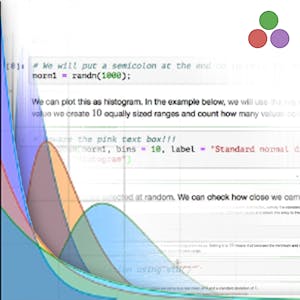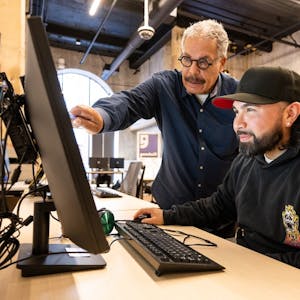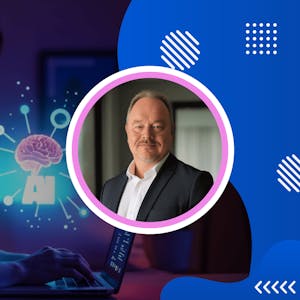Julia Scientific Programming
About this Course
This course introduces you to Julia as a first programming language. Julia is a high-level, high-performance dynamic programming language developed specifically for scientific computing. This language will be particularly useful for applications in physics, chemistry, astronomy, engineering, data science, bioinformatics, and many more. You can start programming with Julia within Coursera and it can also be used from the command line, program files, or a Jupyter notebook. Julia is designed to address the requirements of high-performance numerical and scientific computing while being effective for general-purpose programming. You will be able to access all the available processors and memory, scrape data from anywhere on the web, and have it always accessible through any device you care to use as long as it has a browser. Join us to discover new computing possibilities. Let\'s get started on learning Julia. By the end of the course you will be able to: - Programme using the Julia language by practicing through assignments - Write your own simple Julia programs from scratch - Understand the advantages and capacities of Julia as a computing language - Work in Jupyter notebooks using the Julia language - Use various Julia packages such as Plots, DataFrames and Stats The course is delivered through video lectures, on-screen demonstrations, quizzes, and practical peer-reviewed projects designed to give you an opportunity to work with the packages.Created by: University of Cape Town

Related Online Courses
Web content is accessed by millions across the globe every day. Attractive web pages help businesses grow and provide an omnipresent experience to the viewers. In this course you will get an... more
This course provides an introduction to data center networking technologies, more specifically software-defined networking. It covers the history behind SDN, description of networks in... more
This course presents some important vignettes of a complex, highly diverse India that is also witnessing unprecedented changes since its formal independence in 1947 from Great Britain. The lectures... more
Closing the digital divide is essential for fostering a more inclusive and equitable society. Nearly one in three U.S. workers ages 16 to 64 have few or no digital skills; at least 38 percent of... more
Generative AI is revolutionizing industries, automating creativity, optimizing processes, and driving growth. Studies show AI now assists over 60% of daily tasks, improving efficiency and outcomes... more







